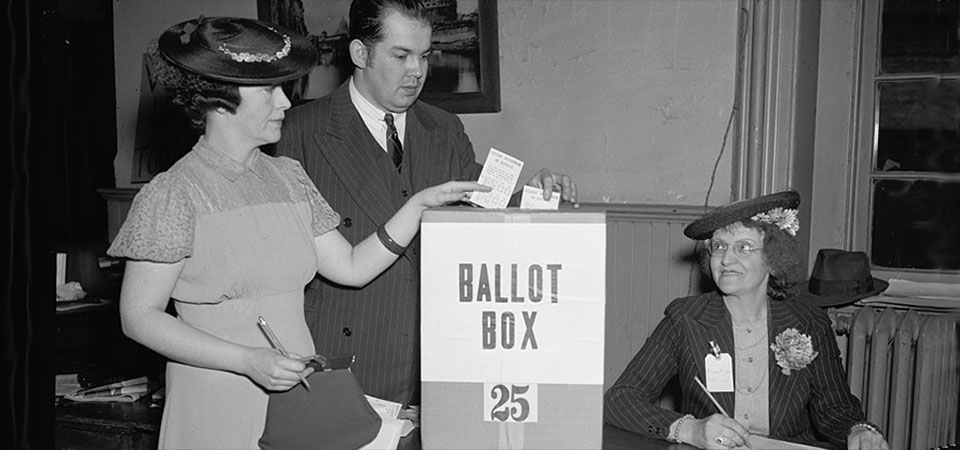THE RESULT IS IN
After seven weeks of campaigning and two electioneering suspensions, due to the tragic Manchester and London terror attacks, the jury – in the form of the electorate – has delivered its verdict. After a tense night, the Conservative Party has emerged as the largest party, however they have failed to reach the magic 326 seat mark which would give them a majority.
In the weeks running up to the election, geopolitical uncertainty continued to occupy the minds of investors. Sterling weakness continued as polls showed a shrinking lead for the Conservatives. UK data has been mixed, however the FTSE 100 has performed well of late due to the Sterling downturn, peaking on 26 May on a record high of 7,547.63. The FTSE 100 matched this all-time high, closing 2 June on 7,547.63 also. On the afternoon of the election, it closed down at 7,449 – a three week low. The FTSE 250 closed up at 19,743. On Friday, in the wake of the result, the FTSE 100 opened higher and Sterling fell. The more domestically-focused FTSE 250 opened slightly down. A hung parliament is another uncertain scenario ahead of Brexit negotiations. Whilst stock markets like continuity and stability, this result provides neither.
What now?
Theresa May called this election on the premise of gaining a stronger hand in Brexit negotiations. She has been dramatically unsuccessful in achieving this. What we do know is that the clock is ticking. EU chief negotiator, Michel Barnier, has scheduled 19 June for the first formal day of talks with Britain about its withdrawal from the EU, in what are being billed as the most important negotiations in the country’s history.
It is important to take professional advice before making any decision relating to your personal finances. Information within this document is based on our current understanding of taxation and can be subject to change in future. It does not provide individual tailored investment advice and is for guidance only. Some rules may vary in different parts of the UK; please ask for details. We cannot assume legal liability for any errors or omissions it might contain. Levels and bases of, and reliefs from taxation are those currently applying or proposed and are subject to change; their value depends on the individual circumstances of the investor.

